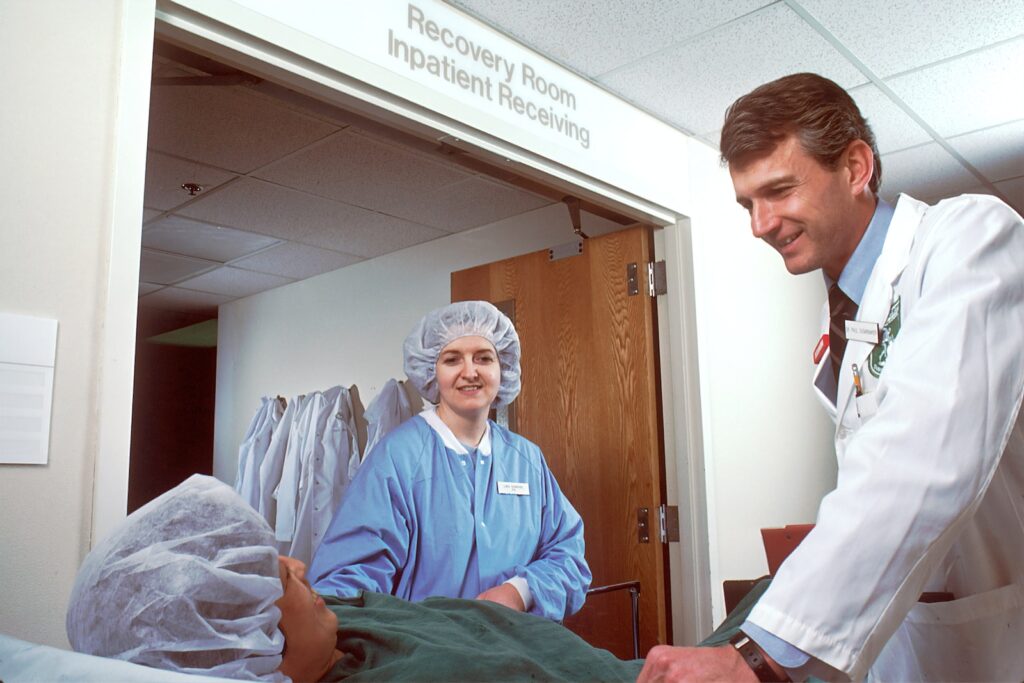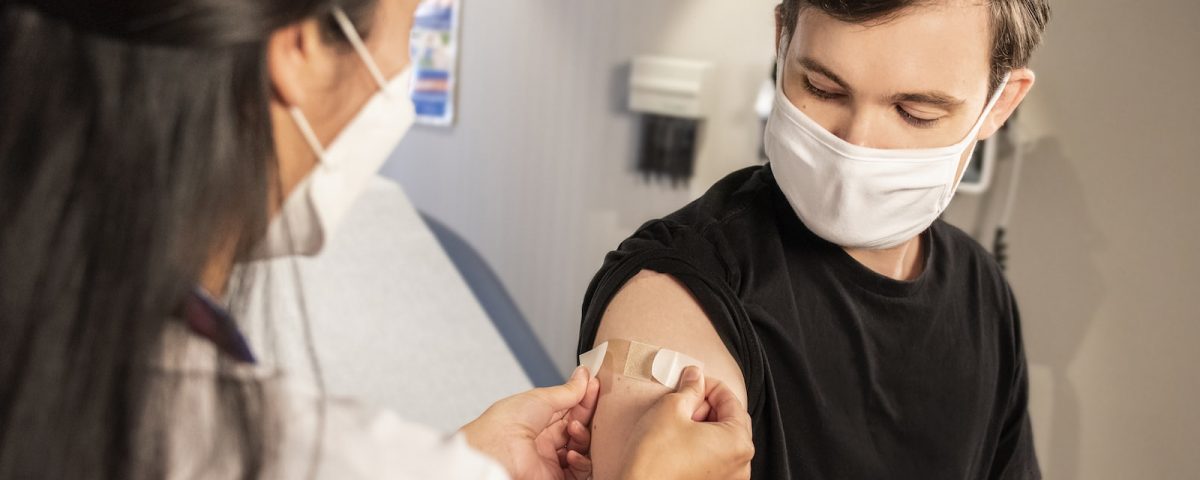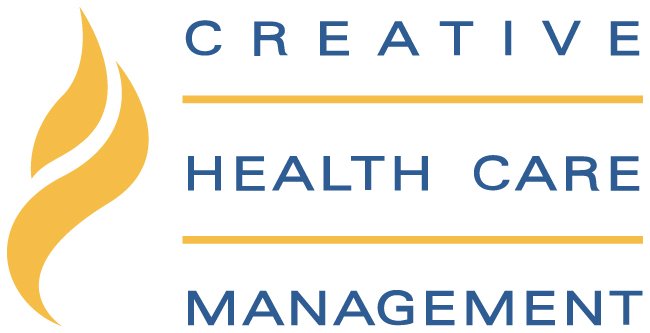When it comes to health organizations, no matter what time it is or where they are in the country, healthcare professionals are doing their best to treat patients based on their individual health needs.
To perform their duties to the best of their abilities, however, nurses and other healthcare providers need to implement cultural competence. This is where healthcare knowledge is expansive and different skills merge with respect to the awareness of different cultural backgrounds, cultural desire and cultural sensitivity. It’s crucial in the nursing field, yet a lot of healthcare professionals are not aware of and do not possess these skills. They are not adequately able to care for people across different languages and cultures and understand how personal history and beliefs matter when their health is being addressed.
Cultural competence in nursing is vital for the growth and development of nurses along with integrating relevant societal values. A career in nursing is versatile as you get to take care of various people, from normal everyday illnesses all the way up to taking care of the elderly in a retirement home.
What nursing students and prospective nurses need to know in the health industry are the health disparities in inequalities in nursing. There has been a seismic shift to address health equity issues, which would create proper health opportunities for patients no matter their background or beliefs. Nurses are the key to achieving this change.
While the healthcare industry is taking its time to address this systematic change, nurses don’t have to wait to move forward by developing cultural competence. They can do this by displaying inclusivity and cultural awareness. Nurses are able to create an environment that is for everyone so that there is no disparity and gap between disadvantaged patients.
What Is Cultural Competency in Nursing?

Cultural competence in nursing is more than just realizing and acknowledging a patient’s culture and where they come from. It’s about the process of taking into account their background and how you are able to provide the right treatment. Providing culturally competent care means you are respecting cultural differences, beliefs, and traditions.
The Centers for Disease Control and Prevention (CDC) has provided a robust definition of cultural competence that is beyond nursing:
“Cultural and linguistic competence is a set of congruent behaviors, attitudes, and policies that come together in a system, agency, or among professionals that enables effective work in cross-cultural situations. ‘Culture’ refers to integrated patterns of human behavior that include the language, thoughts, communications, actions, customs, beliefs, values, and institutions of racial, ethnic, religious, or social groups. Competence implies having the capacity to function effectively as an individual and an organization within the context of the cultural beliefs, behaviors, and needs presented by consumers and their communities.”
With this definition, we are able to understand that an individual’s culture is not just their language but way beyond that. This may include beliefs, customs, or cultural groups in which they are a member.
Culturally Competent Nursing care
Being a nurse, cultural competence is applicable not only to the structure of healthcare organizations but also in an interpersonal format. What this means is that cultural competence can be practiced by accepting other cultures. Whether this is through interacting with different employees and colleagues or culturally diverse patients.
Healthcare professionals spend time interacting with patients but nurses typically spend the most time with patients. Thus, it is important that they are able to exhibit culturally competent nursing care in their line of work.
According to the CDC, in order for one to be culturally competent, they must value cultural diversity, acquire and institutionalize cultural knowledge, manage the dynamics of difference, and adapt to culturally diverse groups and the diverse cultures of the people that they serve.
It is also important to note that as the population of patients is increasing, so is the importance of cultural competency. In fact, according to a fact sheet from the health insurance organization Cigna, within the U.S. population, the percentage of Asians, African Americans, and Hispanics is projected to increase.
This fact sheet also mentioned that those who are Hispanic or non-Hispanic black often experience longer waiting times than those who are Caucasian.
With this information, culturally competent nurses are a must. They must be able to identify their strengths and weaknesses in order to be a culturally competent nurse. They must also understand the diverse backgrounds present within the industry and how to collect relevant cultural data regarding different patient cultures.
A great help in understanding and implementing cultural competency is Donna Wright’s bestselling book, The Ultimate Guide to Competency Assessment in Health Care.
What Are the Components of Culturally Competent Care?
There are some medical fields that prioritize the importance of cultural competence in nursing. However, no matter which field of work you are working in, it is important to know that there are key components to this approach. The following are the things that are focused on for cultural competence training:
Awareness
Awareness is the first step in order for nurses to fully understand cultural competence in nursing. Being aware of oneself and one’s value is a great way to practice cultural awareness.
Being able to acknowledge personal biases and explore weaknesses, such as a shortsighted approach toward patients with different cultures, nurses are able to be proactive about addressing biases. This helps them become more effective nursing professionals to their patients.
It can be difficult at first to admit a cultural blind spot. However, once the obstacle has been passed, you will not only bring positive care to your patients but your job will be more rewarding.
Understanding
Learning and understanding the inequities in healthcare can help in cultural competency. Nurses are not only able to offer more effective treatment plans but they are also able to provide more compassionate care for patients.
In addition, understanding the inequities in healthcare can also create more cultural understanding. This helps develop a better patient and nurse relationship as nurses are able to understand patients more and the challenges they are facing.
Sensitivity
Opportunities can also be created by nurses for culturally competent healthcare by being able to explore the different cultural issues present in the communities that they are serving. When nurses are sensitive to patients and their cultural backgrounds, nurses are able to create more equitable healthcare experiences. This empowers patients to be active participants in their care and nurses are able to display more support and compassion for proper medical care.
Skills
Combining sensitivity, understanding, and awareness in addition to skills can help nurses provide culturally competent care to patients. It may even come to the point that learning all of these makes culturally competent nursing care second nature to them.
When nurses are able to understand more about the different cultures of the patients they are serving, not only will they be able to meet their needs but they will also be able to create a relationship with patients that is built on trust.
Nurses are able to increase their communication skills by learning and knowing when to use nonverbal communication and understanding that different patients need different types of clinical care.
Five Skills Needed To Be Culturally Competent

Cultural competence in nursing is important in the health industry. Whether they are new or experienced nurses, there are always some skills to learn in order to promote culturally competent nursing care. As Donna Wright explains, the three main elements of the competency assessment model are ownership, empowerment, and accountability.
Here are the essential skills that nurses need to develop to provide culturally competent care:
Self-Awareness
The first skill that one must learn in order to be culturally competent is becoming self-aware. Becoming aware of your own cultural features is important when interacting with different cultures.
This is essential because our own beliefs, values, and perception of things help define us and is what makes us who we are. It also helps us see other people differently.
Effective Communication
Being able to effectively communicate in a culturally, competent, and respectful manner is vital for the overall healthcare industry.
Effective communication skills help break down barriers. This will not only promote positive patient outcomes but will also improve access to healthcare services.
Willingness To Learn
Nobody can learn cultural competency without a willingness to learn. Understanding and developing cultural competence is a lifelong process that one must hone. Nurses should be willing to learn not only about themselves but also learn about the different cultures present in their community. Nurses must develop social skills and behaviors in order to properly give appropriate healthcare to diverse cultures.
Ability To Demonstrate Humility
Humility is very crucial for nurses, being modest about one’s own importance. Humility must be learned by nurses when dealing with patients, especially those from other cultures.
When a nurse practices humility in cultural competence, it means that they avoid any judgment or bias toward other beliefs and religions even if they contradict.
Be Nonjudgmental
In order for one to be culturally competent in nursing, one must set aside personal bias and prejudices which could lead to judgmental assumptions. While this can be hard to do, it is a crucial part of cultural competence. Accepting the ways of other cultures and setting aside judgments is a skill that one has to practice for a lifetime.
Why Is Cultural Competence in Nursing Important?
Cultural competence is vital in the health industry and shouldn’t be an option anymore.
It is vital for all nurses to develop culturally competent attitudes and behaviors. The following are a few reasons why cultural competence is so important in nursing.
Deeper Patient Relationships
With cultural competence, the patient-to-nurse relationship goes to a deeper level. Patients and nurses are able to relate to each other which makes it easier for patients to respond to nurses. This deeper relationship will also result in patients getting the help that they need due to patient compliance.
Greater Patient Satisfaction
Patients feel a lot more comfortable knowing that the nursing staff is culturally competent. With cultural competence, the nursing staff is a lot more knowledgeable about other cultures and how to treat them. This leads to greater satisfaction scores from patients.
Less Risk of Healthcare Disparity
Health disparity is known as the difference in health status between different groups of people. The lack of cultural competence in nursing is the reason why there are health disparities. Things such as lack of respect and care for other races, ethnicity, sexual orientation, and immigrant status are some of the factors that lead to health care disparities.
When nurses are culturally competent, they will be able to recognize that patients should be served with the same level of care as everyone else, regardless of their culture.
Improved Patient Outcomes
When patients are receiving health care, they will most probably have questions about their care plan. They will ask questions about their treatment and a culturally competent nurse can provide the appropriate treatment plan for them. This will lead to patients being compliant and will lead to positive health outcomes.
Better Patient Care
When nurses learn how to be culturally competent, it will increase their growth and development. Their cultural skills will help them become better at providing care for patients.
How You Can Be Culturally Competent in Nursing
Learn About Different Cultures
As obvious as this sounds, this is the key step to being culturally competent. There are some ways you can seek insight into other cultures, such as reading books and articles that are focused on other people from other cultures.
Interact With People From Diverse Cultural Groups
You must have the initiative to be culturally competent. Just like other activities that you have to get good at, cultural competence is no different. One thing that you can do to promote cultural competence is interact with people from diverse cultural groups. You can attend events that are sponsored by professionals from other cultural backgrounds. You may also look to join events that are striving for social change and look into the issues of inclusion.
Share Things About Your Culture With Others
Cultural competency should also involve you. It is not just learning about others but you should also let other people learn about you. You can share things such as your beliefs, culture, and values.
Sharing information about yourself makes others feel that they can trust you and they are able to share things about themselves as well. Cultural competence should be a two-way channel instead of a one-way one.
Seek Positions in a Culturally Diverse Setting
A lot of people have heard the phrase “sink or swim.” This is also true for cultural competence in nursing. You should seek positions in a culturally diverse setting in order to learn more about others and allow them to learn more about you.
Seek Cross-Cultural Interactions With Peers
If you’re looking for an easy way to increase your cultural competence then you must seek cross-cultural interaction with your peers from other cultural backgrounds. While there may be some differences and disagreements in beliefs, sharing thoughts and ideas from other backgrounds can help strengthen your cultural competence.
Consider Volunteer Opportunities
Every opportunity you can get to be culturally competent is important and one of these opportunities is volunteering. It is a great way to expand your cultural knowledge and a great way to improve cultural awareness. A lot of nurses volunteer in underserved areas where they are able to discover the diverse population.
Be Mindful of Your Perspective on Cultural Diversity
Understanding and mastering cultural competence works doesn’t happen overnight. It is a lifelong process and it requires you to be self-aware in order to understand other cultures. Being mindful of your actions and having the willingness to learn about other cultural beliefs is what it means to be culturally competent.
Attend Conferences and Events Focused on Cultural Diversity and Competence
One way to learn about cultural competence is by learning from those who are experienced. You can attend professional conferences that are offered by different people in the health industry. Being able to meet people from culturally diverse backgrounds in person can greatly help with being culturally competent.
Consider Learning a New Language
While health organizations don’t require you to learn a new language, learning another language can still benefit you and your community. This will help address language barriers, especially for those who are not able to speak English. This helps build trust between the patient and the nurse.
Examples of Cultural Competence in Health Care
In nursing, cultural competence is one of the core foundations that a nurse has to learn in order to properly address the health concerns of patients coming from a wide range of cultural backgrounds. This may include economic disparity, societal views, religious background, different sexualities, gender, and other potential barriers to care.
When a nurse is able to understand the barriers to care and able to learn more about the different cultures that are present within the community that they are serving, then they are able to receive positive patient outcomes despite any complications or issues that hinder a patient from receiving care. This is especially helpful for patients who are not able to receive the usual treatment due to belief systems and any other personal background.
With this in mind, nurses should provide culturally sensitive care in order to respect their patients’ cultures and beliefs. This helps improve the relationship between patients and nurses by creating trust.
The key to the success of any nurse is being culturally competent, especially for those who are pursuing a degree. For nursing students that are completing a degree online, it’ll come to the point where they’ll eventually have to increase cultural competence through cultural competence education.
Cultural Competence Examples
There are a lot of ways for nurses to show that they are culturally competent.
- Despite language barriers, nurses are still able to relay language and terms so that patients are able to understand them. This creates a deeper connection between patients and nurses as it builds a sense of trust.
- Respecting cultural differences or different beliefs and values of patients. Nurses would not only feel in charge of the protocols that they have to follow but they also honor different backgrounds.
- In order to address the gaps in health care, patients are identified in underserved populations. This helps patients get the health and support that they need.
- Increasing healthcare professionals’ awareness in order to encourage other medical professionals to be culturally competent so that they may provide culturally sensitive care.
Barriers to Cultural Competence in Health Care
While cultural competence sounds good and you start to wonder why people don’t practice it more often, you’ll find that there are barriers. The following are some of the barriers in healthcare for cultural competence:
Adequate Knowledge of an Organization’s Cultural Competence
In order for health professionals to achieve cultural competence, it must first start with a healthcare organization and how their performance is gauged. This involves answering some questions such as:
- What is the organization lacking in providing language accessibility?
- Where does healthcare disparity happen within the system?
When these organizations don’t realize where the disparities come from or that the disparity exists at all then the resources and energy needed can not be properly channeled
In order for healthcare organizations to address cultural competence, they must first collect data about their patients. This may include their race, language, orientation, religion, ethnicity, and so on. Healthcare organizations should also track health disparities. Patient surveys are a great way to get information from patients and see how well they are doing with cultural competency.
Putting Cultural Competence Into Action
A conceptual framework must be created so that healthcare organizations can put cultural competence into action. This framework must:
- Demonstrate culturally competent practices
- Cultivate cross-cultural awareness and communication
- Maintain a diverse workforce
For cultural competence, commitment and a multipronged approach is a must. Healthcare organizations must be able to build not only the right framework but also infrastructure. This infrastructure helps support protocols and activities to make sure that cultural competence is practiced.
It is also important to note that organizations can implement cultural competence education programs that help broaden cultural competence. This would remove the limitations of cultural competence of only being focused on race and ethnicity. Most of the time, people consider them culturally competent when they are able to identify race and ethnicity, which is not the case.
Limited Resources To Support Cultural Competence
Cultural competence in healthcare requires resources. Organizations must be willing to invest not just money but also time and effort into developing cultural competence in nursing.
What this means is that budget allocation should be put on things such as:
- Linguistically diverse materials
- Interpreters
- Cultural competence training
- Diverse staff recruitment programs
- Competency assessment
While it might scare health organizations that cultural competence comes with a price, it can ease their minds knowing that it is a good investment.
What Happens When We Lack Cultural Competence in Nursing?
Poor Patient Outcomes
Lack of cultural competency will result in nurses giving lower-quality care and can negatively impact patient outcomes.
Stress Within the Interdisciplinary Team
For culturally diverse teams, cultural competence is important. When nurses lack cultural competence in this type of scenario, they will experience higher levels of stress. High stress would then lead to lower-quality care and also high employee turnover rates
Decreased Patient Compliance
With a lack of cultural competence, nurses are not able to improve high-quality patient care. What this means is that nurses don’t have the capability to properly educate patients about their treatment plants. This can lead to decreased patient compliance.
Increased Healthcare Costs
A lack of cultural competence can lead to frequent errors in nursing and health care. Culturally competent nurses are able to understand the impact of cultural competence and how it can greatly benefit patients. With frequent errors occurring due to a lack of cultural competency, it can lead to increased healthcare costs.
Decreased Patient Satisfaction Scores
A lack of cultural competence leads patients to feel that they are not treated properly and it may have a negative outlook on the health staff. Whether there was a misunderstanding or the patient’s feelings are justified, there will still be a decreased patient satisfaction score.
Maintaining Cultural Competency
Cultural competency is a learning process and it is not something that happens overnight. Thus, the health industry should focus on cultural competence as the population is growing more diverse every day.
If you’re looking to improve the cultural competency at your healthcare organization, reach out to CHCM today. We have helped teams evaluate competency for over 40 years.
Resources:
Loftin C, Hartin V, Branson M, Reyes H. Measures of cultural competence in nurses: an integrative review. ScientificWorldJournal. 2013 May 30;2013:289101. doi: 10.1155/2013/289101. PMID: 23818818; PMCID: PMC3683494.
Kaihlanen, AM., Hietapakka, L. & Heponiemi, T. Increasing cultural awareness: qualitative study of nurses’ perceptions about cultural competence training. BMC Nurs 18, 38 (2019). https://doi.org/10.1186/s12912-019-0363-x
Citation: Marion, L., Douglas, M., Lavin, M., Barr, N., Gazaway, S., Thomas, L., Bickford, C., (November 18, 2016) “Implementing the New ANA Standard 8: Culturally Congruent Practice” OJIN: The Online Journal of Issues in Nursing Vol. 22 No. 1. DOI: 10.3912/OJIN.Vol22No01PPT20
https://doi.org/10.3912/OJIN.Vol22No01PPT20
Center for Disease Control and Prevention
Tulane University School of Public Health
The Chicago School of Professional Psychology
Duquesne University School of Nursing





